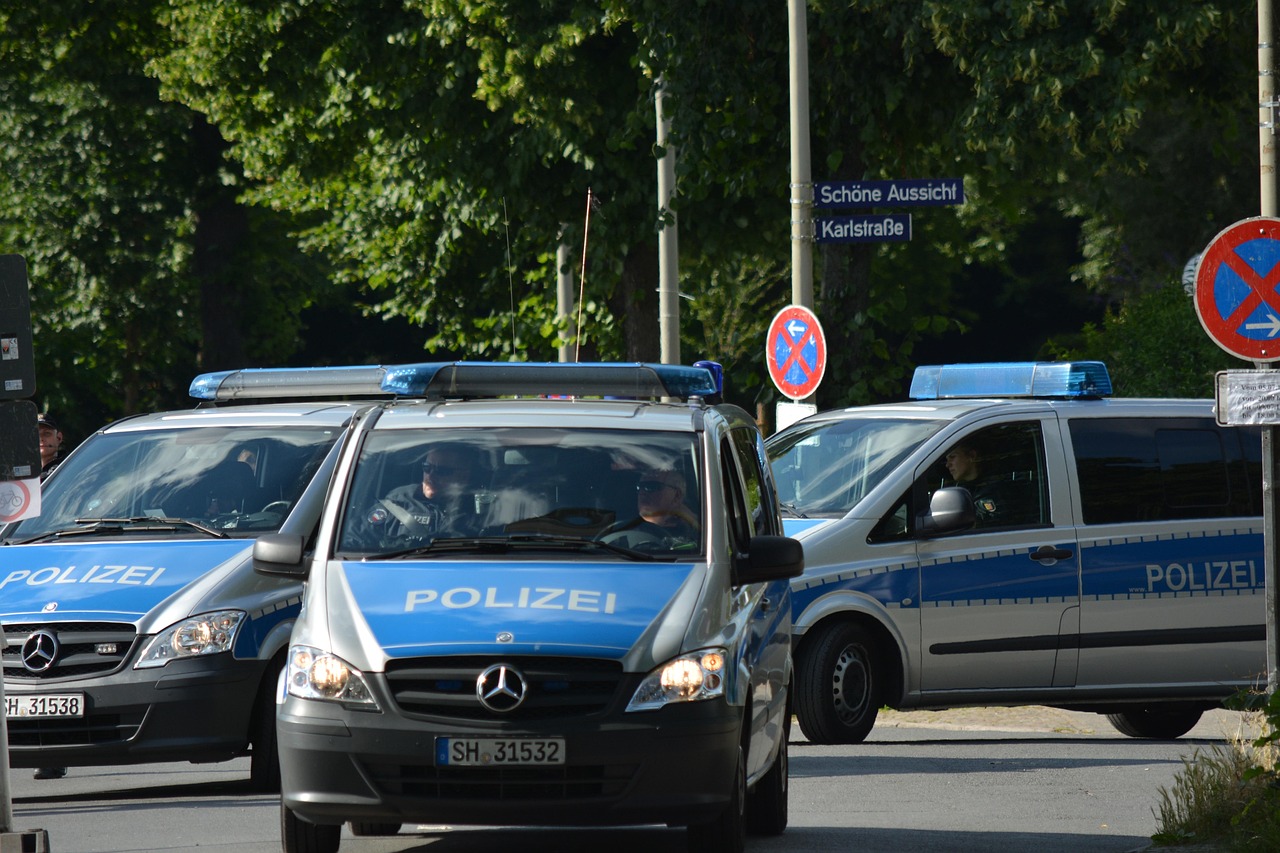President Donald Trump’s recent actions in Washington, D.C. have stirred significant controversy and raised questions about federal overreach in law enforcement. The official narrative portrays Trump’s deployment of National Guard troops as a response to combat crime and improve public safety in the capital, despite decreasing crime rates in recent years.

However, a closer examination reveals a more intricate agenda at play. Trump’s move to extend federal control over Washington’s police force under the guise of tackling crime may be masking a deeper intent tied to the broader agenda of centralized control and power consolidation.
The pieces of evidence from various sources paint a troubling picture. Trump’s executive order to establish specialized National Guard units for domestic law enforcement, led by Secretary of Defense Pete Hegseth, hints at a systematic plan to expand military involvement in civilian affairs. This order not only raises concerns about the militarization of law enforcement but also points to a potential political leverage in cities governed by opposing parties.
By taking over the Washington D.C. Metropolitan Police Department and deploying National Guard troops, Trump is not merely addressing crime but setting a precedent for federal intervention in local law enforcement. The legal and political challenges arising from this move, including California’s lawsuit against his actions in Los Angeles, highlight the contentious nature of his approach.
The implications of Trump’s actions extend beyond Washington, D.C. The deployment of armed National Guard units, the potential for military forces in other cities, and the lack of clarity on training and coordination signify a concerning shift towards militarized governance and centralized authority.
In closing, the intent behind Trump’s maneuvers appears to be the consolidation of power under the guise of public safety. By leveraging federal control over law enforcement agencies and deploying military forces domestically, the means for exerting influence and control over dissenting regions become apparent. The opportunity to extend this control to other cities, while legally constrained, underscores the gravity of the situation.
Looking ahead, the trajectory set by these actions points towards a future where centralized power and militarized enforcement become normalized tools of governance. The stakes are high as the boundary between civilian and military authority blurs, paving the way for a new era of control and surveillance under the guise of public safety and order.

